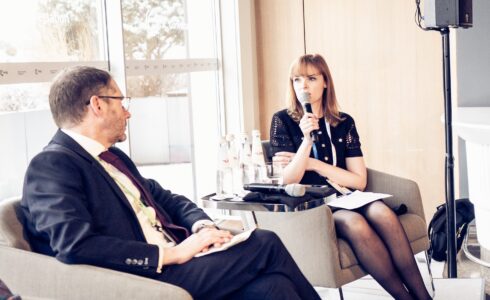
Even with Trump’s support, Moscow’s disruptive impulses have their limits.

Hanna Notte represented CNS at the 2025 Munich Security Conference, which took place from 14-16 February.

CNS expert’s guest essay for The New York Times on the ousting of Bashar al-Assad.

Moscow’s ability to support its regional partner, Iran, is coming under increasing strain.